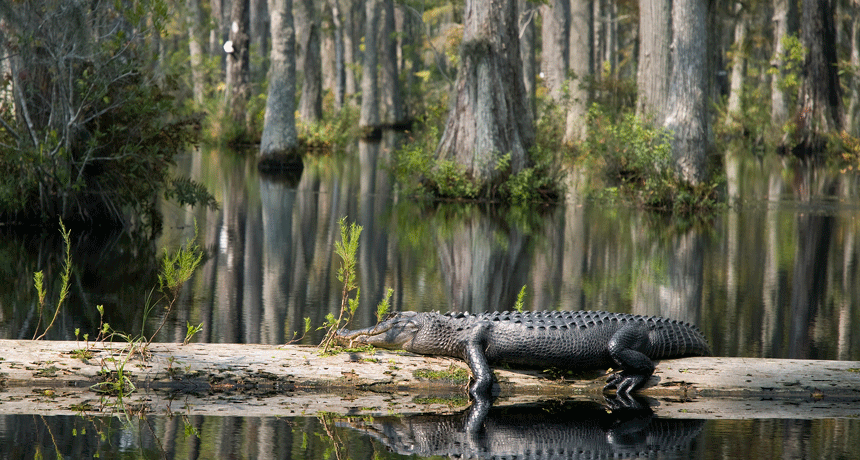brackish A term for water that contains a mixture of saltwater and freshwater.
cyclone A strong, rotating vortex, usually made of wind. Notable examples include a tornado or hurricane.
ecosystem A group of interacting living organisms — including microorganisms, plants and animals — and their physical environment within a particular climate. Examples include tropical reefs, rainforests, alpine meadows and polar tundra. The term can also be applied to elements that make up some an artificial environment, such as a company, classroom or the internet.
filter (in chemistry and environmental science) A device or system that allows some materials to pass through but not others, based on their size or some other feature. (in physics) A screen, plate or layer of a substance that absorbs light or other radiation or selectively prevents the transmission of some of its components.
hurricane A tropical cyclone that occurs in the Atlantic Ocean and has winds of 119 kilometers (74 miles) per hour or greater. When such a storm occurs in the Pacific Ocean, people refer to it as a typhoon.
mangrove A type of shrub or tree that lives mostly in coastal swamps and usually has long, tangled, above-ground roots.
organism Any living thing, from elephants and plants to bacteria and other types of single-celled life.
pollutant A substance that taints something — such as the air, water, our bodies or products. Some pollutants are chemicals, such as pesticides. Others may be radiation, including excess heat or light. Even weeds and other invasive species can be considered a type of biological pollution.
shark A type of predatory fish that has survived in one form or another for hundreds of millions of years. Cartilage, not bone, gives its body structure.
sharks A family of primitive fishes that rely on skeletons formed of cartilage, not bone. Like skates and rays, they belong to a group known as elasmobranchs. Then tend to grow and mature slowly and have few young. Some lay eggs, others give birth to live young.
wetland As the name implies, this is a low-lying area of land either soaked or covered with water much of the year. It hosts plants and animals adapted to live in, on or near water.

